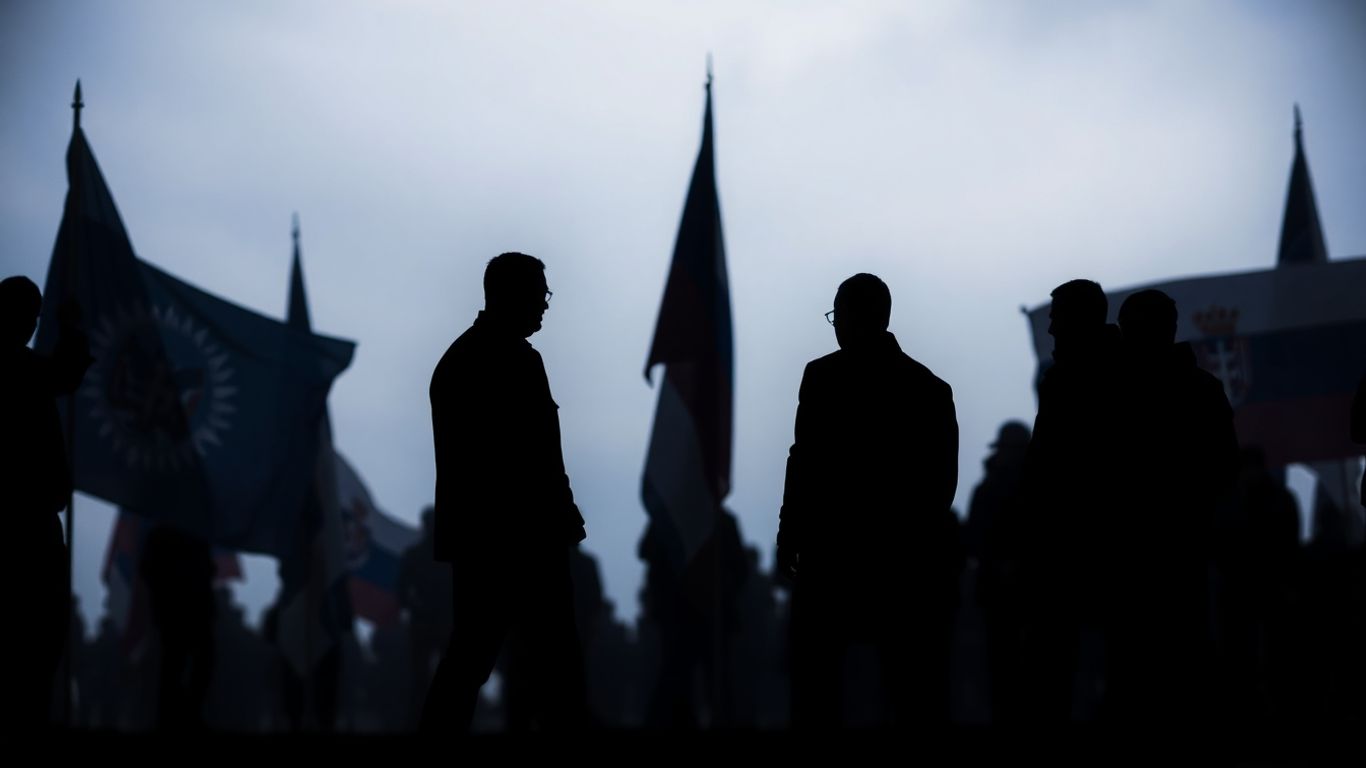Kosovo is intensifying its calls for international pressure on Serbia to hand over suspects involved in a deadly gunfight in Banjska last year. The incident, which resulted in the death of a Kosovo police officer and three Serb gunmen, has further strained relations between the two nations. Kosovo accuses Serbia of state involvement, a claim Belgrade denies, while international bodies urge accountability.
Key Takeaways
- Kosovo’s acting Prime Minister Albin Kurti is urging the international community to treat Serbia as "not a normal state" until it extradites those responsible for the Banjska attack.
- Milan Radoicic, a key suspect who admitted to being part of the paramilitary group, remains at large in Serbia despite facing charges in Kosovo.
- International embassies, including those of the US, UK, Germany, and France, have echoed Kosovo’s calls for justice and accountability.
The Banjska Incident
In September 2023, a heavily armed group of Serbs launched an attack in Banjska, a village in northern Kosovo. The confrontation led to the death of Kosovo Police Sergeant Afrim Bunjaku and injured two other officers. Three of the attackers were killed during the ensuing gunfight, while several others escaped. Kosovo authorities have classified the event as a "terrorist attack" orchestrated and supported by Belgrade officials.
Suspects and Investigations
Kosovo has indicted 45 individuals in connection with the attack, alleging their intent was to annex Serb-majority municipalities in northern Kosovo to Serbia. Currently, only three suspects are in detention in Kosovo and have pleaded not guilty to charges including terrorism and violating Kosovo’s constitutional order. The primary suspect, Milan Radoicic, a politician with alleged ties to Serbia’s ruling party, admitted to organizing the attack to "protect our people from the occupier" but denies criminal conspiracy. He was briefly detained in Serbia but released to face investigation freely. Interpol has issued red notices for Radoicic and 19 others.
International Pressure Mounts
Kosovo’s acting Prime Minister Albin Kurti has been vocal in demanding international action. He stated, "We call on the international actors not to consider Serbia a normal state as long as it doesn’t hand over its criminals." This sentiment is shared by several Western embassies in Pristina. The German, British, and French embassies have all issued statements emphasizing the need for Serbia to take "immediate action" and ensure that perpetrators, including Radoicic, are brought to justice. The US and EU have also called for Serbia to hold those responsible accountable.
Strained Bilateral Relations
The Banjska incident has further exacerbated the already tense relationship between Kosovo and Serbia. Peace talks facilitated by the European Union have stalled, while both nations face internal political challenges. Kosovo, which declared independence in 2008, is recognized by most Western countries but not by Serbia, Russia, or China. The historical context of the 1999 NATO bombing campaign, which ended the war between Serbian forces and ethnic Albanian separatists, continues to shape the region’s dynamics.






